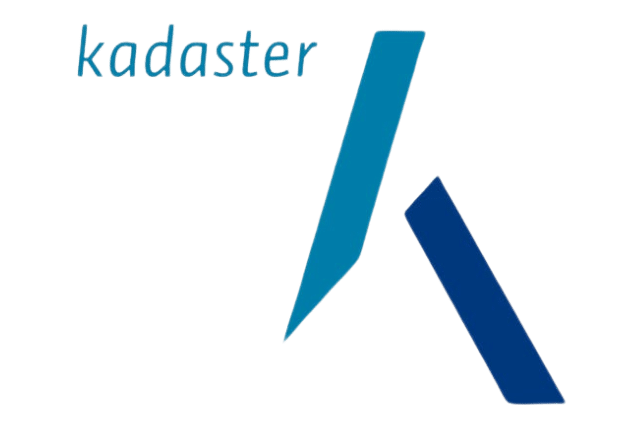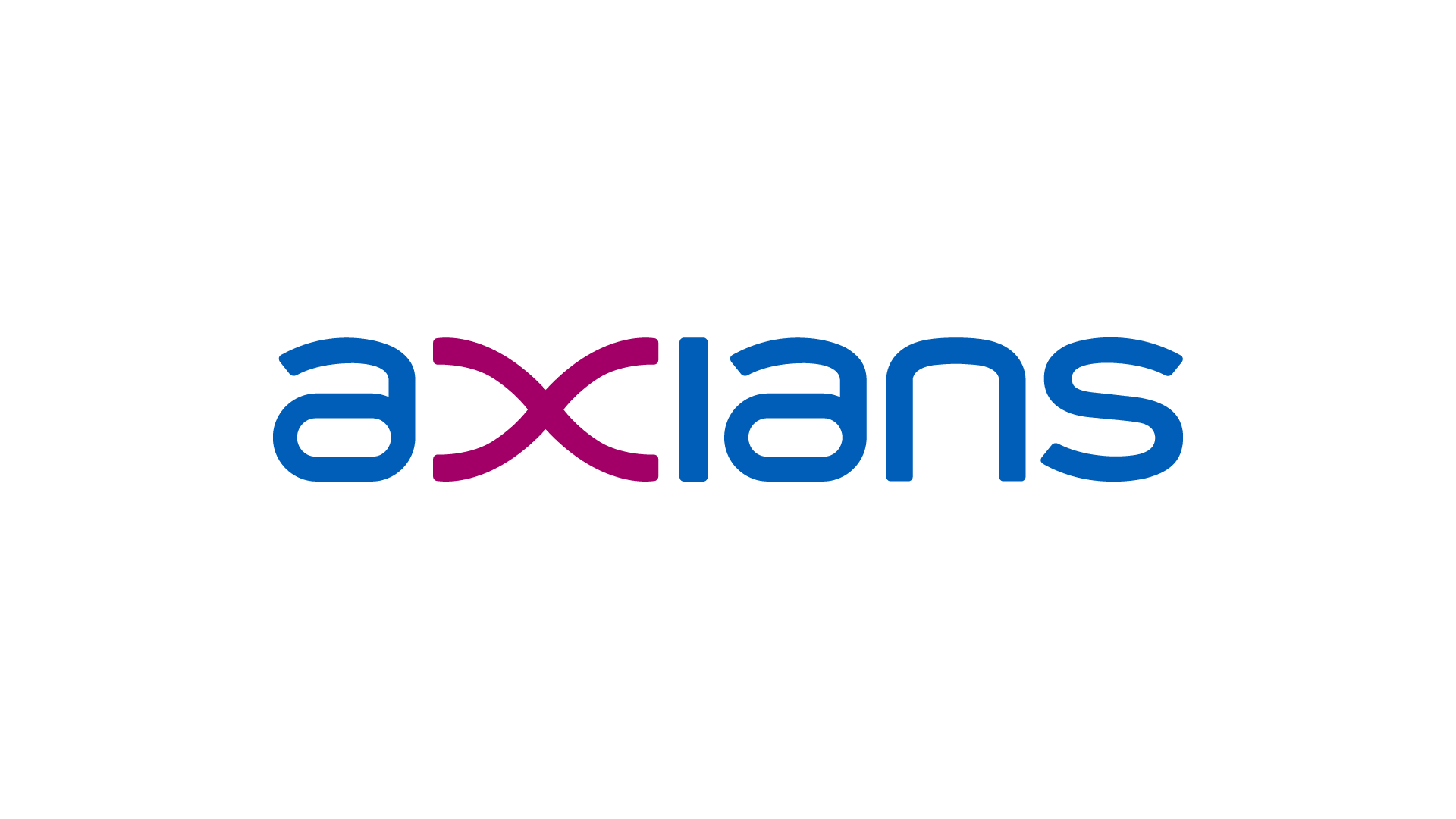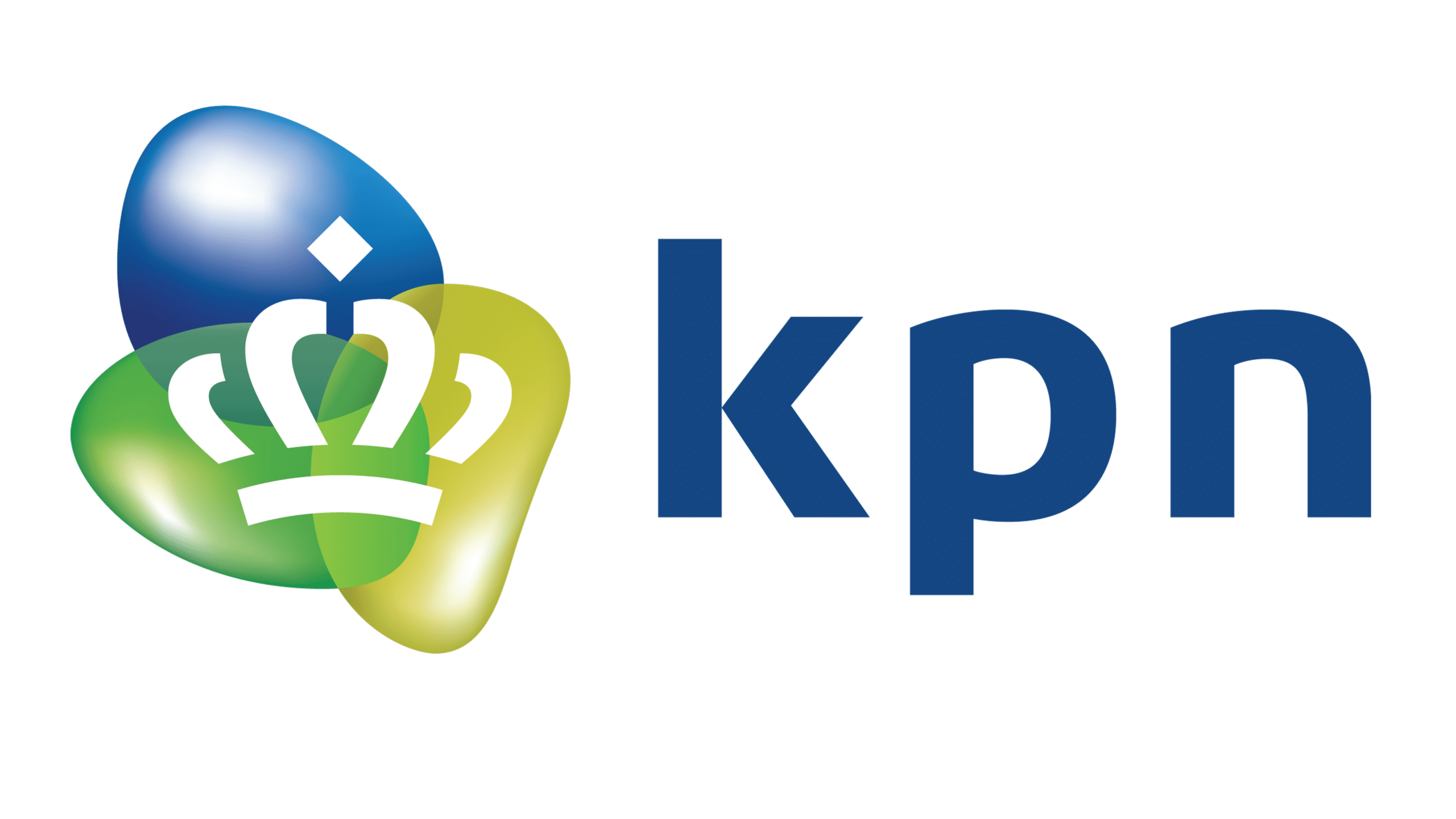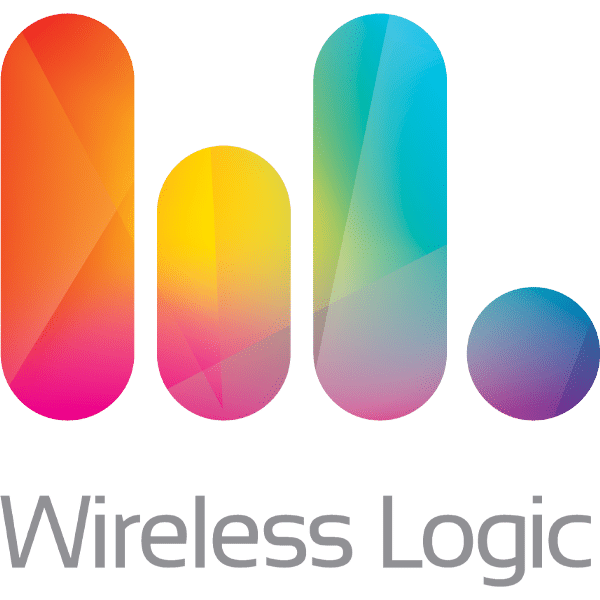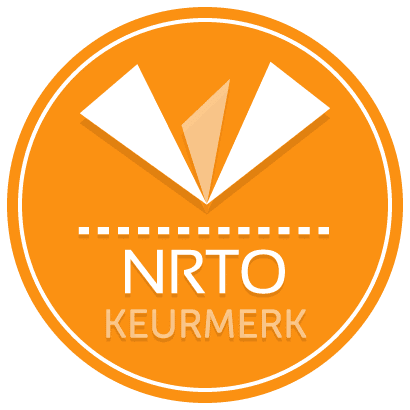Algemene omschrijving
The DP-601 E-Learning is entirely in English. As a Dutch IT training provider, we offer the information on this page in Dutch. At the bottom of the page, you will find a brief summary in English. The topics within the DP-601 E-Learning package itself are described in English.
De DP-601 E-Learning biedt jou de ultieme gelegenheid om in jouw eigen tempo jouw expertise binnen Microsoft Fabric te verbeteren en je voor te bereiden op een succesvolle carrière in data engineering. In de DP-601 E-Learning wordt de nadruk gelegd op het innovatieve Lakehouse-concept, een baanbrekende hybride aanpak waarin de voordelen van data lakes en data warehouses worden gecombineerd. Verder bestaat de DP-601 E-Learning uit het DP-601 cursusmateriaal en een interactieve labomgeving (die 180 dagen toegankelijk is). Hierdoor zul jij de opgedane theoretische kennis en praktische vaardigheden in praktijk kunnen brengen.
Verder is de DP-601 E-Learning gericht op de essentie van moderne data engineering. Je leert bijvoorbeeld hoe jij Apache Spark in kunt zetten voor gedistribueerde dataverwerking, wat essentieel is bij het werken met grote datasets. Daarnaast duik je in Delta Lake-technologie om te ontdekken hoe jij databetrouwbaarheid en versiebeheer kunt waarborgen. Met deze kennis en vaardigheden kun je robuuste en schaalbare dataoplossingen creëren die aan de eisen van complexe data-ecosystemen voldoen.
Naast de basisprincipes van databeheer ga je aan de slag met geavanceerde dataopname- en orkestratiestrategieën, zoals Dataflows Gen2 en Data Factory-pijplijnen. Deze technologieën zijn essentieel voor het verplaatsen en transformeren van data binnen Microsoft Fabric. Doordat de DP-601 E-Learning jou zowel theoretische inzichten als praktijkgerichte oefeningen biedt, zul je na afloop in staat zijn om met vertrouwen efficiënte en naadloze datawerkprocessen te ontwerpen en te implementeren.
Doelgroep
De DP-601 E-Learning is geschikt voor professionals die hun kennis en vaardigheden op het gebied van data engineering willen uitbreiden en toepassen binnen Microsoft Fabric.
Dit betreft met name de volgende mensen:
- Data Engineers die geavanceerde kennis en vaardigheden willen verkrijgen op het gebied van gedistribueerde dataverwerking, databeheer en dataorkestratie.
- Data-architecten die efficiënte en schaalbare dataoplossingen willen ontwerpen op basis van het Lakehouse-concept.
- ICT-professionals die betrokken zijn bij datatransformatie, -beheer en -integratieprojecten.
- Ervaren dataprofessionals die over willen stappen naar nieuwe hybride databeheeroplossingen.
- Professionals met basiservaring in data engineering die hun kennis en vaardigheden willen verdiepen op het gebied van het gebruik van hulpmiddelen, zoals:
- Apache Spark.
- Delta Lake.
- Dataflows Gen2.
- Data Factory.
Wat is inbegrepen
De DP-601 E-Learning biedt een complete zelfstudie waarmee jij je optimaal kunt voorbereiden op een carrière in data engineering binnen Microsoft Fabric.
Hier is een overzicht van de inhoud van de DP-601 E-Learning:
- DP-601 cursusmateriaal
- Het DP-601 cursusmateriaal bestaat uit uitgebreide leermodules die gericht zijn op het Lakehouse-concept, gedistribueerde dataverwerking met behulp van Apache Spark, Delta Lake-technologie en geavanceerde dataorkestratiestrategieën.
- Praktische labopdrachten
- Verkrijg 180 dagen lang toegang tot een interactieve labomgeving. Hierin kun jij praktische vaardigheden opdoen door te werken aan labopdrachten die realistische scenario’s nabootsen.
Voorkennis
Voordat jij begint met de DP-601 E-Learning raden wij aan dat jij bekend bent met de basisprincipes en -terminologie van data.
Onderwerpen
Modele 1: Introduction to end-to-end analytics using Microsoft Fabric
Discover how Microsoft Fabric can meet your enterprise's analytics needs in one platform. Learn about Microsoft Fabric, how it works, and identify how you can use it for your analytics needs.
In this module, you'll learn how to:
- Describe end-to-end analytics in Microsoft Fabric.
Modele 2: Get started with lakehouses in Microsoft Fabric
Lakehouses merge data lake storage flexibility with data warehouse analytics. Microsoft Fabric offers a lakehouse solution for comprehensive analytics on a single SaaS platform.
In this module, you'll learn how to:
- Describe core features and capabilities of lakehouses in Microsoft Fabric.
- Create a lakehouse.
- Ingest data into files and tables in a lakehouse.
- Query lakehouse tables with SQL.
Module 3: Use Apache Spark in Microsoft Fabric
Apache Spark is a core technology for large-scale data analytics. Microsoft Fabric provides support for Spark clusters, enabling you to analyze and process data in a Lakehouse at scale.
In this module, you'll learn how to:
- Configure Spark in a Microsoft Fabric workspace.
- Identify suitable scenarios for Spark notebooks and Spark jobs.
- Use Spark dataframes to analyze and transform data.
- Use Spark SQL to query data in tables and views.
- Visualize data in a Spark notebook.
Module 4: Work with Delta Lake tables in Microsoft Fabric
Tables in a Microsoft Fabric lakehouse are based on the Delta Lake storage format commonly used in Apache Spark. By using the enhanced capabilities of delta tables, you can create advanced analytics solutions.
In this module, you'll learn how to:
- Understand Delta Lake and delta tables in Microsoft Fabric.
- Create and manage delta tables using Spark.
- Use Spark to query and transform data in delta tables.
- Use delta tables with Spark structured streaming.
Module 5: Ingest Data with Dataflows Gen2 in Microsoft Fabric
Data ingestion is crucial in analytics. Microsoft Fabric's Data Factory offers Dataflows (Gen2) for visually creating multi-step data ingestion and transformation using Power Query Online.
In this module, you'll learn how to:
- Describe Dataflow (Gen2) capabilities in Microsoft Fabric.
- Create Dataflow (Gen2) solutions to ingest and transform data.
- Include a Dataflow (Gen2) in a pipeline.
Module 6: Use Data Factory pipelines in Microsoft Fabric
Microsoft Fabric includes Data Factory capabilities, including the ability to create pipelines that orchestrate data ingestion and transformation tasks.
In this module, you'll learn how to:
- Describe pipeline capabilities in Microsoft Fabric.
- Use the Copy Data activity in a pipeline.
- Create pipelines based on predefined templates.
- Run and monitor pipelines.
English Summary
The DP-601 E-Learning empowers you to enhance your expertise in Microsoft Fabric at your own pace while preparing for a successful career in data engineering. The DP-601 E-Learning focuses on the innovative Lakehouse concept, combining the strengths of data lakes and data warehouses. With the DP-601 course materials and interactive labs (accessible for 180 days), you will gain practical experience with essential tools like Apache Spark, Delta Lake, and advanced orchestration strategies. Master modern data engineering principles and confidently create scalable, reliable data solutions.







